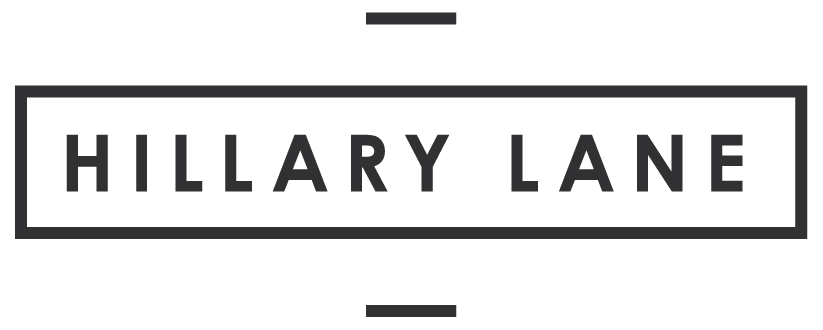Real estate can be a lucrative investment. If you have the resources, support, patience, and time, it can be a profitable venture. This is especially true with tenanted properties in Toronto and the GTA. So, let’s start with what to keep in mind when considering an investment property.
Property Value
Before you decide if an investment property is right for you, keep in mind that it’s rare to turn a large profit quickly. There are, of course, exceptions, but in most cases, a long-term plan is needed in order to realize your investment goals. While there is no crystal ball, due diligence can help mitigate your risk. To best estimate where property values are heading, have an idea of average appreciation, year-over-year, for properties in the area over the last ten years. Research the background on why certain market conditions exist and where they could be heading. Gather intel on developments, population trends, and city policies that might draw or deter people from the area and affect your rental rates and resale value. Knowing this information will help you build your short-term and long-term plan.
Cash Flow
Cash flow is a term for the money left over after taking the mortgage payment and expenses from the monthly rent. It’s important to understand your expenses and expected revenue which will determine your cash flow. Calculate how much you are able to put down up front and what financing you qualify for. Remember that there’s more than just the mortgage to consider when determining your expenses. There will be fees, utilities/insurance, applicable taxes, and general maintenance. In Toronto, many investment properties reach the break-even point with a 20-30% down payment. This means that rent covers your mortgage, fees, and maintenance with no surplus. If you end up slightly cash flow negative, that’s quite normal for the GTA as many investors are relying on long-term value gains realized upon sale.
Appreciation vs Income
There are many opinions in the industry about the viability of cash flow vs long-term appreciation. The latter option is obviously dependent on the market continuing to appreciate while the former is a more risk-averse option benefiting from a monthly revenue stream. You should have a fulsome conversation with your realtor, mortgage broker, and financial planner about what the best option is for you. You’ll need to balance your risk tolerance, monthly budget, and overall financial plan.
Maintenance and Improvements
Take the time to thoroughly examine the condition of the home or condo. Determine what repairs can be expected in the short- and long-term. How will weather and seasonality impact the property and your costs? These are all factors in determining up front investment capital, cash flow, and management required.
Appeal
How will the potential rental property appeal to prospective tenants? Is it in a nice area? What kind of amenities are nearby? Is there transit? What about schools, grocery stores, hospitals, and access to downtown or to the highway? Are there currently developments in the area? Are there any plans? All of these factors will impact the tenant demographic and the appeal of this property as a rental.
Mitigate Your Risk
Consider elements that may help you reduce the risk of headaches. Ensure that any tenant is carefully vetted. You’ll want to verify that they have the financial capacity to support the rent payments and that they will take good care of your property. Carefully read the RTA (Residential Tenancies Act) and consult a paralegal so that you thoroughly understand the tenant’s rights and your responsibilities.
Use and Legality
Verifying zoning and use is very important. While many of the considerations will be specific to your area, property type, and desired use, here are some questions:
– Is the property part of a duplex or triplex?
– Are the units set up legally?
-Are short-term rentals permitted in the area/building?
– Are there any potential policy changes coming down the line that might affect you as a landlord?
– Will your intended use and property be covered by your insurance company?
***SIDE NOTE
Flips and Renovations
In this blog we mostly focused on tenanted properties, but flipping real estate is also a potential option. In general, the profit margins have been steadily decreasing in the GTA for the past decade, however, there are still opportunities for the savvy investor. If you’re planning on flipping, ensure that there are very healthy margins between purchase price and projected resale value. Have a heavily padded renovation budget, finances for unexpected delays, and contingencies for market fluctuations.
While this is not an exhaustive list, it’s certainly enough to get you started. Are you interested in buying a rental property?
Do you want some more clarity on your situation and what’s involved before investing? We can help! Connect with me through email at hillary@hillarylane.ca or by phone 416-882-4707.
Photo by Lianhao Qu on Unsplash






